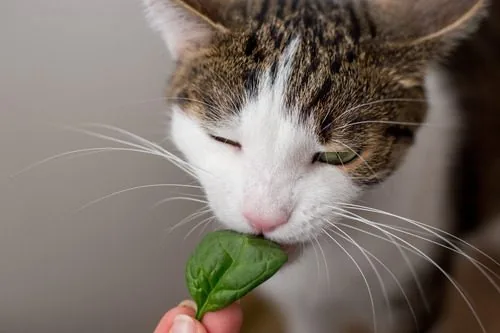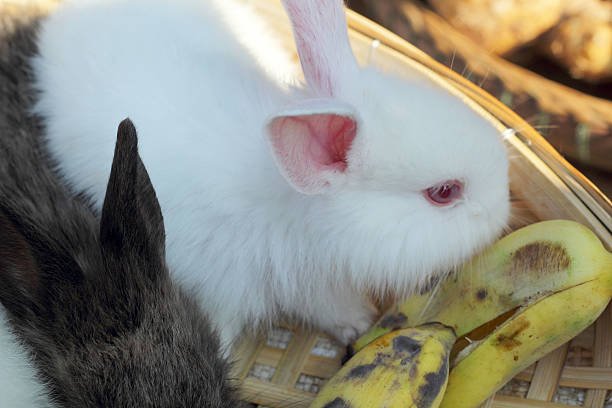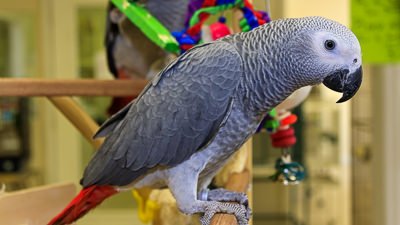Table of Contents
ToggleIntroduction to Can Cats Eat Spinach
Cats are curious eaters, and as a pet owner, you might wonder if spinach is safe for them. While spinach is packed with nutrients, not all human foods are suitable for cats. Understanding whether spinach is good or bad for cats is crucial. This guide provides detailed insights into the benefits, risks, and safe ways to feed spinach to your feline friend. Let’s dive into the complete details on whether cats can eat spinach and how it affects their health.
Is Spinach Safe for Cats?
Spinach is generally safe for cats in small amounts. It is rich in vitamins A, C, K, and folate, which are beneficial for overall health. The leafy green also contains fiber, helping in digestion. However, spinach has oxalates, which can lead to urinary issues in some cats. If your cat has kidney or urinary problems, avoid feeding spinach. Moderation is key when offering spinach to cats. Small portions occasionally will not harm a healthy cat, but it should never become a regular part of their diet.
Health Benefits of Spinach for Cats
Spinach provides several health benefits when given in small quantities. It is packed with antioxidants, supporting a cat’s immune system. The high fiber content aids digestion and prevents constipation. Spinach is also low in calories, making it a healthy treat for overweight cats. Additionally, it contains iron, which promotes better oxygen circulation in the body. Vitamin K in spinach helps with blood clotting and bone health. While these benefits are great, cats obtain most of their required nutrients from meat-based diets, making spinach an occasional supplement rather than a necessity.
Risks of Feeding Spinach to Cats
Despite its benefits, spinach comes with certain risks for cats. One major concern is the presence of oxalates, which can contribute to kidney and bladder stones. Cats prone to urinary tract infections or kidney disease should not eat spinach. Excessive spinach consumption can also cause stomach upset, vomiting, or diarrhea. Since cats are obligate carnivores, their digestive system is not designed to process large amounts of plant-based foods. Always consult a veterinarian before adding new foods to your cat’s diet to avoid potential health risks.
How to Safely Feed Spinach to Cats
If you decide to feed your cat spinach, follow safe feeding practices. Always offer fresh, washed spinach to remove pesticides or contaminants. Cooked spinach is easier to digest than raw spinach, so steaming or boiling is recommended. Avoid seasoning, as salt, garlic, and onions are toxic to cats. Chop the spinach into small pieces and mix it with their regular food. Serve only a small portion occasionally. Monitor your cat for any signs of digestive issues or allergic reactions after eating spinach. If any adverse symptoms appear, stop feeding spinach immediately.
Can Kittens Eat Spinach?
Kittens have a more sensitive digestive system than adult cats, so feeding spinach to them is not recommended. Their diet should consist primarily of high-quality kitten food rich in protein and essential nutrients. Since their kidneys are still developing, oxalates in spinach can pose a greater risk. Even small amounts can lead to health issues in kittens. If you want to introduce vegetables, consult your veterinarian first. Stick to a well-balanced diet formulated specifically for kittens to support their growth and development.
Alternatives to Spinach for Cats
If you are looking for safe vegetables for your cat, there are better options than spinach. Pumpkin is an excellent choice for digestive health and provides fiber. Carrots are rich in beta-carotene, supporting vision and immunity. Peas are another good option, packed with vitamins and minerals. Green beans offer a crunchy treat with low calories. These alternatives are safer for cats and do not contain harmful oxalates. Always introduce new foods gradually and ensure they do not make up a significant portion of your cat’s diet.
Conclusion
Cats can eat spinach in small amounts, but it is not an essential part of their diet. While spinach provides vitamins and antioxidants, the risks outweigh the benefits for some cats. The oxalates in spinach can cause urinary issues, making it unsuitable for cats with kidney problems. If you want to offer spinach, serve it occasionally in a small quantity and ensure it is cooked and unseasoned. Always prioritize a meat-based diet for your cat’s health. When in doubt, consult your veterinarian before making any dietary changes for your feline friend.





